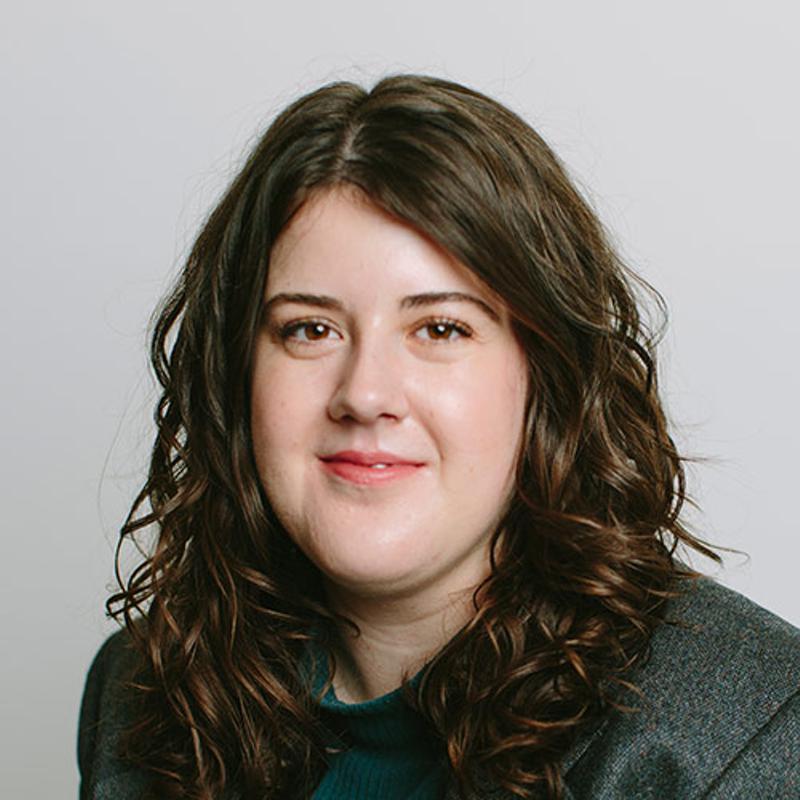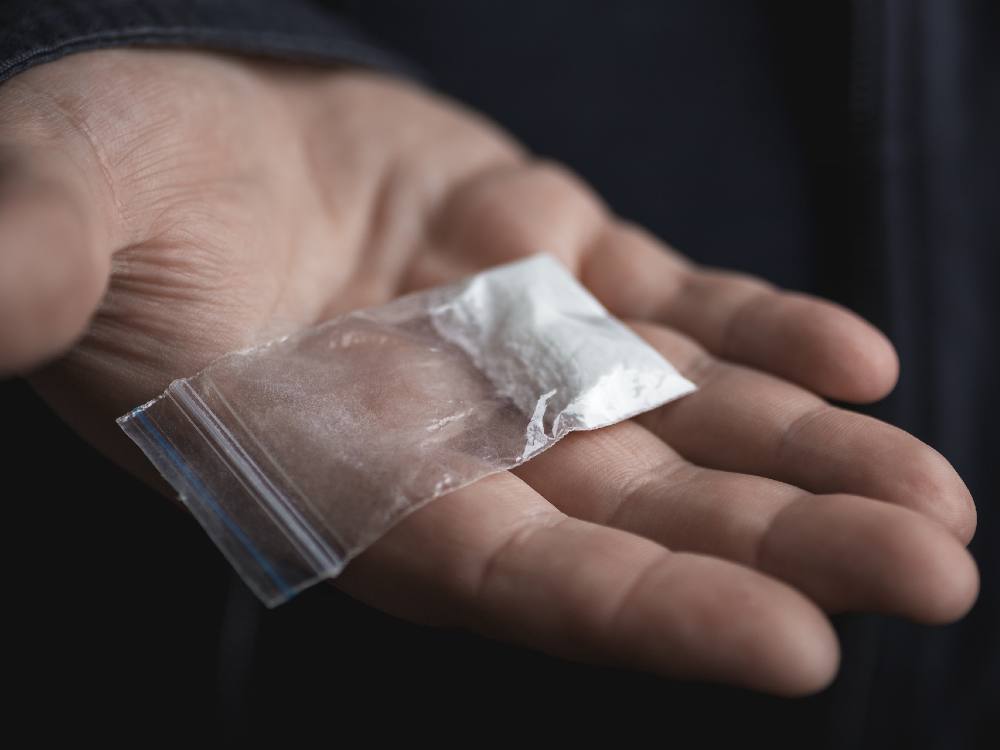British Columbians who tuned into the news Thursday might have gone to bed that night thinking they could soon be buying cocaine as easily as they can purchase a beer.
In question period at the legislature Thursday morning the BC Liberals grilled the government about Langley-based cannabis company Adastra Holdings’ Feb. 22 announcement had been granted federal permission to “legally possess, produce, sell and distribute” cocaine.
At the time, the publicly traded company said it wished to position itself to align with ongoing harm reduction efforts and to “meet the demand for a safe supply of cocaine.”
"Cocaine isn't prescribed, it isn't safe, and this is wrong," said leader of the Opposition Kevin Falcon in the legislature. "Commercializing cocaine as a business opportunity amounts to legalizing cocaine trafficking, full stop.”
He blamed B.C.’s decriminalization pilot program for the announcement, despite the fact it does not legalize the sale or manufacturing of any drug.
“The NDP's plunge headlong into decriminalization without the proper guardrails that even the federal government insisted should be in place is absolutely not something that we're going to support on this side of the house,” said Falcon, who previously supported the decriminalization pilot.
The opposition and some experts have characterized safe supply, a harm reduction measure an expert panel convened by the chief coroner has repeatedly called for, as a “public supply of addictive drugs.”
Some media outlets had already reported Adastra’s announcement earlier Thursday morning. Following the exchange in question period, the news cycle spiralled.
In response to a question from Global News at St. Paul’s Hospital Thursday afternoon, Premier David Eby said he was “astonished” the province hadn’t been aware of Health Canada’s decision to grant Adastra an exemption to handle cocaine.
Eby said a prescribed safe supply of cocaine, which some public health experts and drug user rights advocates have called for, “is not part of our provincial plan” to address the toxic drug crisis.
The attention appeared good for Adastra’s business. The company’s stock price rose sharply from 75 cents Thursday morning to $1.60 by 10:30 a.m. Friday, its highest since October 2020.
But by the time many people were taking their Friday afternoon coffee breaks, the concern from both parties was revealed to be largely unfounded.
And public health experts and advocates say in their outrage, both leaders ignored that a safe supply of cocaine would save lives in B.C.’s toxic drug crisis that has killed more than 11,000 since 2016.
What Adastra’s license allows
Adastra had received an amended dealer’s license through a Section 56 exemption from the federal Controlled Drugs and Substances Act granted by Health Canada, according to its Feb. 22 statement.
That exemption is the same mechanism that allowed North America’s first supervised consumption site, Insite, to open in Vancouver and for B.C. to decriminalize small amounts of some drugs for personal use in January.
Adastra’s amended license allows the company to produce up to 250 grams of cocaine per year and import coca leaves to synthesize the substance. It is also allowed to handle up to 1,000 grams of hallucinogenic psilocybin annually.
Cocaine has some legal uses including as a topical local anesthetic and to prevent excess bleeding in some nose and throat surgeries in B.C. and Canada, as authorized by Health Canada.
Selling, manufacturing or trafficking cocaine or other illicit drugs remains illegal under B.C.’s decriminalization pilot plan.
But Adastra’s license does not permit it to sell or distribute cocaine to the general public, Health Canada clarified in a statement late Thursday evening. It can only deal with other licensed facilities, hospitals, pharmacists and research teams with their own exemptions that include cocaine, a fact the agency reminded Adastra of Friday morning.
Neither Adastra or the Liberals had mentioned that key piece of information, until Adastra retracted part of its previous statement on Friday afternoon.
“The Dealer’s Licence issued to Adastra Labs does not permit Adastra Labs to sell coca leaf, psilocybin or cocaine to the general public,” it said.
Opposition critic for mental health and addictions Elenore Sturko placed the blame for the misleading information she and Falcon shared in the legislature on Adastra.
The new information “doesn’t really change those questions that I have,” Sturko told The Tyee.
“Companies are clearly starting to pivot and are indicating they want to profit off of harm reduction and decriminalization,” she said. “We shouldn’t be getting information about harm reduction from companies themselves, it should come from government.”
The Tyee reached out to the premier’s office but did not hear back by publication time. Multiple interview requests to Adastra CEO Michael Forbes were not returned.
Health Canada said it fulfilled its obligations to consult on Adastra’s exemption, which is separate from the decriminalization exemption granted to B.C.
“Health Canada thoroughly reviews licence applications to ensure that all the appropriate policies and procedures are in place to maintain public health and public safety,” read an emailed statement from a spokesman Friday afternoon.
“If the strict requirements are not being followed, Health Canada will not hesitate to take action, which may include revoking the licence.”
Health Canada did not answer Tyee questions about how many companies or facilities in Canada can legally produce or sell the cocaine, but noted Gulf Islands-based Sunshine Labs is permitted to produce and sell small amounts of cocaine, MDMA and prescription heroin to other licensed facilities as of early January.
Amid the confusion, that company’s Thursday corporate update was also partially retracted and clarified on Friday afternoon.
‘A total gotcha’
While questions of corporate profit and transparency are important, drug policy advisor for the City of Vancouver Karen Ward said the BC Liberals’ failure to verify whether this would impact the general public rang as disingenuous.
“It was a total gotcha,” she told The Tyee in an interview, noting the confusion benefited Adastra’s bottom-line as well.
But she said the NDP’s response meant both parties missed a chance to acknowledge new approaches are needed given that hundreds of people have died from contaminated cocaine in B.C.
“They were like, ‘Oh we’re not talking about legalizing cocaine!’ Well, why not?” said Ward. “The reaction really showed their prohibitionist framing of mind on everything.”
B.C.’s prescribed safer supply project and some federally funded pilot projects have largely focused on replacing or offering alternatives to opioids like heroin and fentanyl for fewer than 16,000 people since 2020.
But a safe supply of cocaine is needed, said Ward and Dr. Paxton Bach. About five per cent of cocaine samples in Vancouver are contaminated with fentanyl, according to drug testing data from the BC Centre for Disease Control.
“I quite regularly see overdoses from people at St. Paul’s who thought they were taking cocaine,” said Bach, co-medical director of the BC Centre on Substance Use. “If we truly want to talk about providing predictable, regulated supply of substances to separate people from the current volatile supply, we need to expand it beyond opioids.”
Cocaine, which falls into the stimulant class of drugs, is highly addictive and long-term use can cause serious harms to health, according to the Canadian Centre on Substance Use and Addiction.
Harm reduction experts argue providing a predictable, regulated safe supply of drugs will save lives by separating people from the contaminated and volatile criminalized supply. In studies of B.C.’s smaller prescribed heroin programs, that predictability helped participants stabilize their housing, employment, commit fewer survival crimes and improve their overall health.
Adastra’s licensing offers a strong domestic supply option should the province move forward with a safe supply of cocaine in the future, Ward said. Federal rules have hampered domestic efforts to expand prescription heroin programs in the Lower Mainland, for example, beyond what can currently be imported from Switzerland.
Sturko acknowledged the political theatre of question period doesn’t always lend itself well to delicate discussions. “We’re not wanting to create an atmosphere of panic, but it’s important that we continue to press the government for clarity.”
But Bach said elected officials and media need to be specific to avoid stoking stigma or fear when speaking about issues of substance use, drug poisonings and decriminalization.
Safe supply and decriminalization are connected but not the same, as decriminalization is about reducing the harms of prohibition, not directly addressing the contaminated drug supply.
“Everyone is being touched by these issues, so any information that comes out in this area elicits a strong response,” said Bach. “Stories like these remind us why clarity and specificity are so important in our discussions right now.”
Ward said the fuss was a missed opportunity to discuss what a domestic safe supply of cocaine could mean for people at risk of drug poisoning.
“It’s just so degrading to voters,” said Ward. “Just have that adult conversation about our drug policies and what they’ve done, instead of being as reactive as we are being.” ![]()
Read more: Health, Rights + Justice, BC Politics
















Tyee Commenting Guidelines
Comments that violate guidelines risk being deleted, and violations may result in a temporary or permanent user ban. Maintain the spirit of good conversation to stay in the discussion.
*Please note The Tyee is not a forum for spreading misinformation about COVID-19, denying its existence or minimizing its risk to public health.
Do:
Do not: